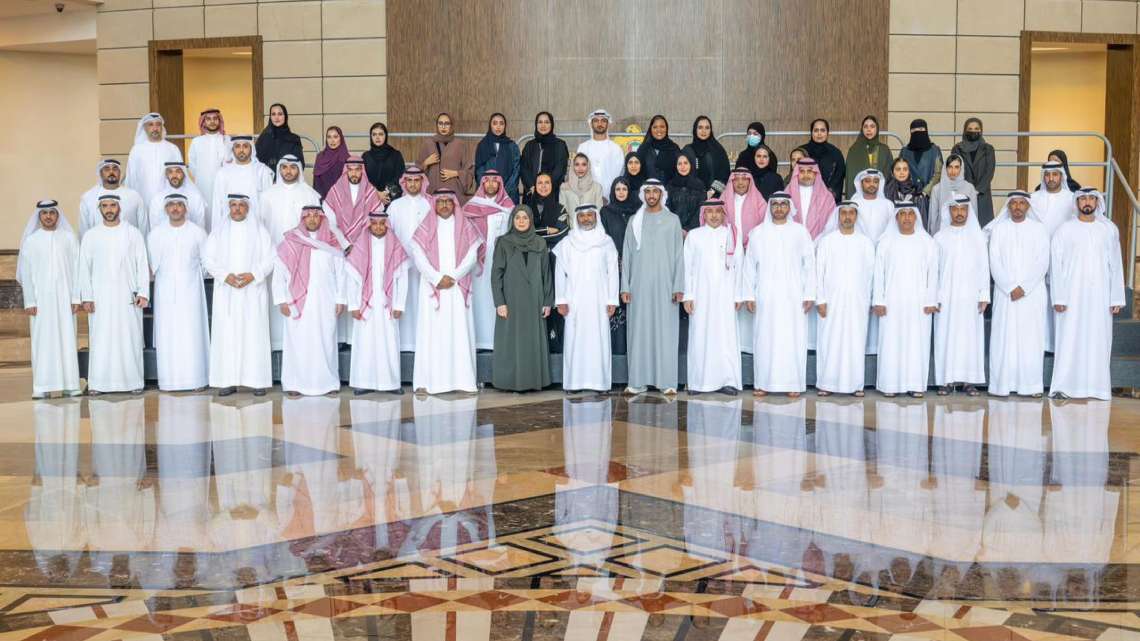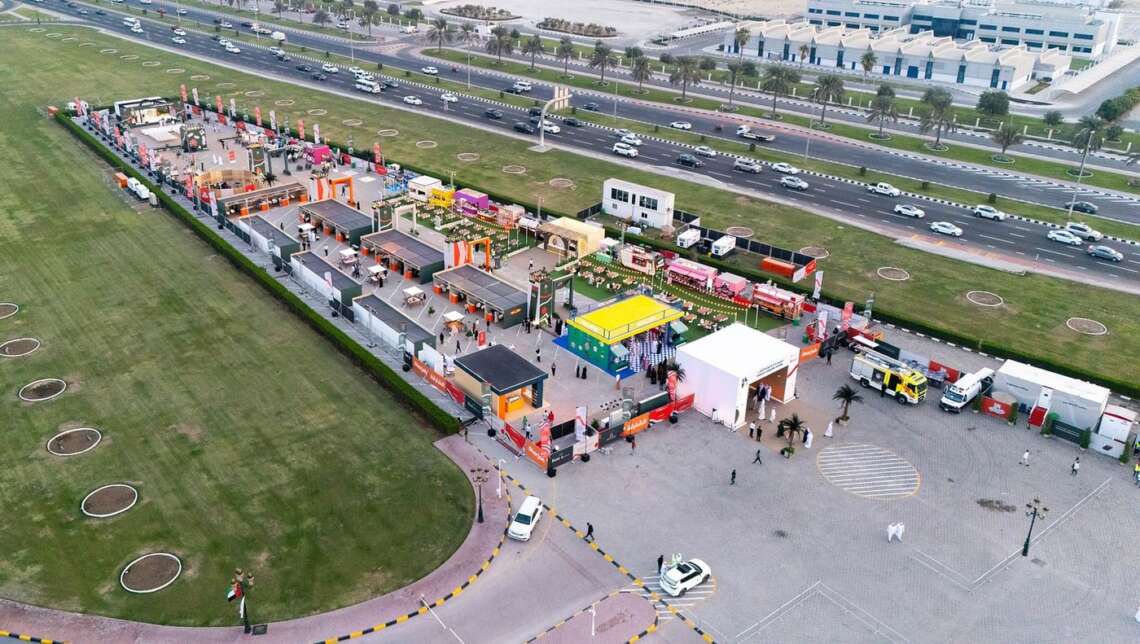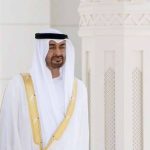The Fund highlighted that the UAE banks’ exposure to the real estate sector has declined by 4 percentage points to 19.6 during the period December 2021 to September 2024…reports Asian Lite News
The International Monetary Fund expected UAE’s near-term growth to remain healthy at around 4 percent in 2025, despite lower-than-expected oil production related to OPEC+ agreements.
This came in a statement issued by the IMF at the conclusion of a staff visit to the UAE to discuss economic and financial developments, the outlook and the country’s policy and reform priorities.
“Near-term growth is strong and expected to remain healthy at around 4 percent in 2025, despite lower-than-expected oil production related to OPEC+ agreements. Non-hydrocarbon activity is boosted by tourism, construction, public expenditure, and continued growth in financial services. Capital inflows remain strong, attracted by social and business-friendly reforms, and contribute to ongoing demand for real estate, which is driving further growth in house prices across different segments and locations. Hydrocarbon GDP is expected to grow above 2.0 percent this year, following OPEC+ decisions to sustain production cuts, and as the UAE implements a more gradual OPEC+ quota increase. Inflation is expected to remain contained around 2.0 percent in 2025 despite higher housing and utilities-related costs,” reads the statement.
The statement expected hydrocarbon revenue to decline amid volatile oil prices and reduced oil production, “but fiscal and external surpluses are projected to remain comfortable. The fiscal surplus is expected to moderate to around 4 percent of GDP in 2025 from an estimated 5 percent of GDP last year. However, non-hydrocarbon revenue is projected to increase steadily in the coming years with the ongoing implementation of the corporate income tax. Public debt remains contained at around 30 percent of GDP. The current account surplus is projected at around 7.5 percent of GDP, while international reserves are healthy at over 8.5 months of imports.”
It expected the UAE banks to remain adequately capitalised and liquid overall, “while asset quality further improved in 2024. Robust domestic activity and resilient demand for credit has supported banks’ profitability amid still-elevated interest rates.”
The Fund highlighted that the UAE banks’ exposure to the real estate sector has declined by 4 percentage points to 19.6 during the period December 2021 to September 2024, and risks associated with continued increasing house prices should continue to be closely monitored.
The IMF hailed the UAE reform efforts as supportive of medium-term growth and a smooth energy transition, with prioritisation and sequencing key to ensure effective outcomes. “Ongoing infrastructure investments should enhance tourism and domestic activity, while ongoing trade liberalisation, underpinned by Comprehensive Economic Partnership Agreements, should further boost trade and FDI. Advancing a medium-term fiscal framework would ensure a coordinated national fiscal stance, promote long-term sustainability, and help meet climate change-related challenges. Continued progress in improving economic data collection and dissemination will reinforce these efforts.”
ALSO READ: UAE experts stress urgency of cyber defences













